Home>Garden Essentials>Garden Plants>What Do You Use Thyme For
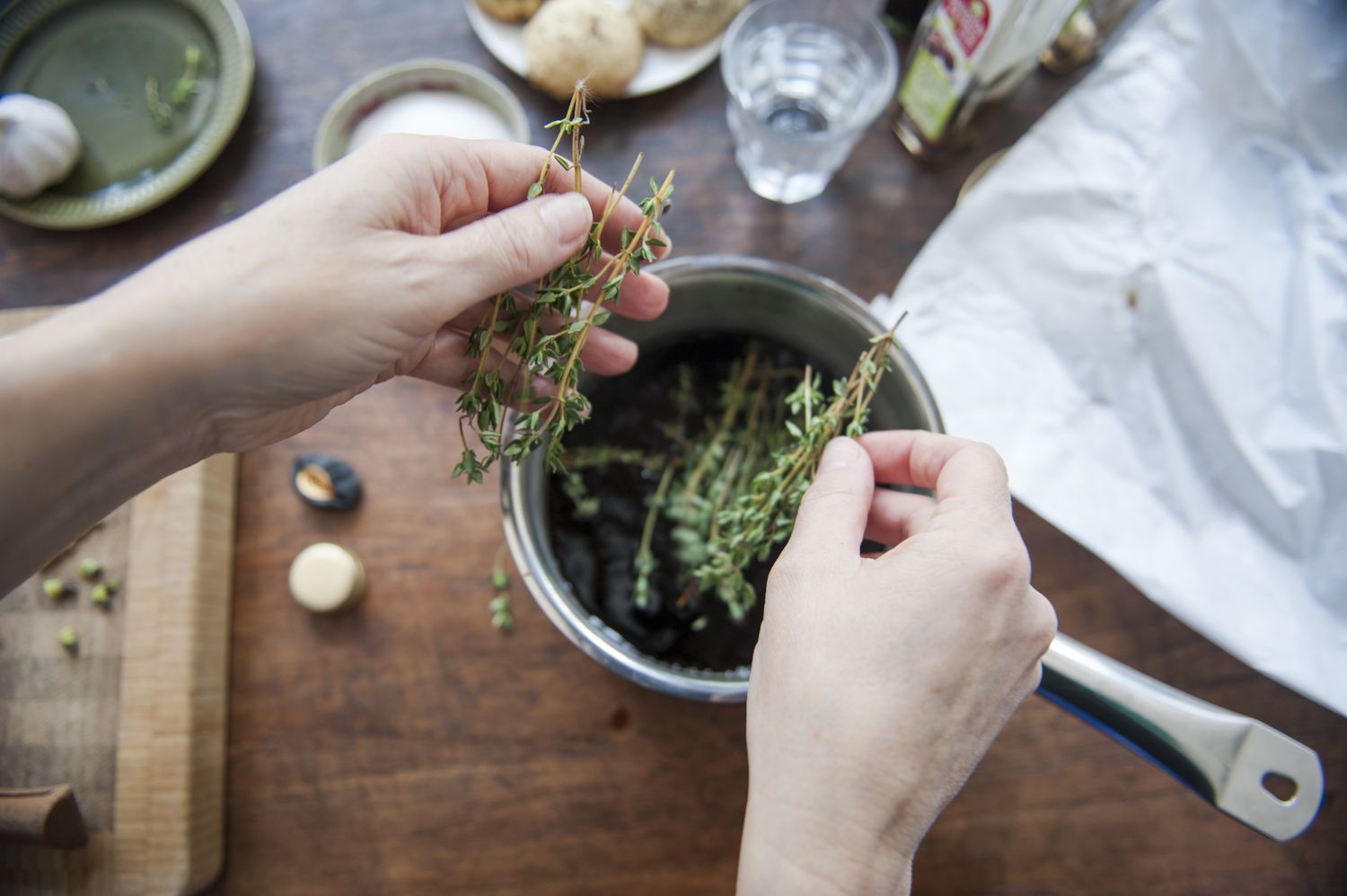

Garden Plants
What Do You Use Thyme For
Modified: February 25, 2024
Discover the many practical uses of thyme plants. From cooking to medicinal purposes, learn how to maximize the benefits of this versatile herb.
(Many of the links in this article redirect to a specific reviewed product. Your purchase of these products through affiliate links helps to generate commission for Storables.com, at no extra cost. Learn more)
Introduction
Thyme, scientifically known as Thymus vulgaris, is a perennial herb that has been cherished for centuries for its aromatic fragrance and medicinal properties. This versatile herb belongs to the mint family and is native to the Mediterranean region.
Thyme is not only a delightful addition to various dishes, but it also offers a wide range of health benefits. It has antimicrobial, antioxidant, and anti-inflammatory properties, making it a valuable ingredient in natural remedies. Additionally, thyme is used in aromatherapy, natural pest control, and cosmetic products.
In this article, we will explore the diverse uses of thyme, from its culinary applications to its role in promoting wellness and beauty.
Key Takeaways:
- Thyme is more than just a culinary herb—it’s a versatile powerhouse with medicinal, aromatherapy, pest control, and cosmetic uses, offering natural solutions for health, well-being, and beauty.
- From enhancing flavors in dishes to promoting respiratory health and serving as a natural pest repellent, thyme’s diverse applications make it a must-have herb for both culinary and holistic wellness purposes.
Read more: What Do You Use Lemon Thyme For
Culinary Uses of Thyme
Thyme is renowned for its distinctive aroma and earthy flavor, which can elevate the taste of a wide range of dishes. It is a staple herb in Mediterranean and French cuisines, adding depth and complexity to various recipes. Here are some popular culinary uses of thyme:
- Seasoning: Thyme leaves can be used fresh or dried to add flavor to soups, stews, and sauces. It pairs well with other herbs like rosemary, oregano, and basil, enhancing the overall taste of a dish.
- Roasting: When roasting meats or vegetables, thyme can be added to the marinade or sprinkled over the ingredients to infuse a delicious aroma and taste.
- Infused Oils and Vinegars: Thyme can be infused into oils and vinegars, creating a versatile ingredient for drizzling over salads, grilled vegetables, or bread.
- Herb Butter: Incorporating thyme into homemade herb butter is a great way to add a burst of flavor to bread, grilled seafood, or steamed vegetables.
- Flavoring for Cheese and Honey: Thyme can be added to cheese-making processes to impart a unique taste and aroma. It also pairs exceptionally well with honey, giving it a fragrant and savory twist.
Whether used as a garnish or a key ingredient, thyme offers a delightful and savory culinary experience. Its versatility in various dishes makes it a favorite herb among both professional chefs and home cooks.
Medicinal Uses of Thyme
Thyme has been valued for centuries for its medicinal properties. It is rich in essential oils, vitamins, and antioxidants that contribute to its potent health benefits. Here are some common medicinal uses of thyme:
- Respiratory Health: Thyme is known for its ability to support respiratory health. It contains compounds that help reduce coughs, congestion, and inflammation in the respiratory tract. Thyme tea or steam inhalation with thyme oil can provide relief from respiratory conditions such as colds, bronchitis, and asthma.
- Antimicrobial Properties: Thyme possesses antimicrobial properties that can help fight against various strains of bacteria and fungi. It may be used topically to treat minor cuts, wounds, and fungal infections. Thyme essential oil is often diluted and applied to the skin for its antimicrobial benefits.
- Digestive Aid: Thyme is known to stimulate digestion and improve gastrointestinal health. It can help relieve symptoms of indigestion, bloating, and stomach cramps. Drinking thyme tea or adding fresh thyme to meals can aid in digestion.
- Anti-inflammatory Effects: Thanks to its high content of antioxidants, thyme possesses anti-inflammatory properties that may help reduce inflammation in the body. This can be beneficial for people suffering from conditions such as arthritis and inflammatory bowel disease.
- Boosting the Immune System: Thyme is rich in vitamins and minerals that support a healthy immune system. It can help strengthen the body’s natural defense mechanisms and ward off common illnesses.
It is important to note that while thyme may offer medicinal benefits, it should not replace medical treatment. Always consult with a healthcare professional before using thyme or any natural remedy for specific health concerns.
Thyme in Aromatherapy
Aromatherapy is the practice of using essential oils and their aromatic compounds to promote physical and emotional well-being. Thyme essential oil is highly regarded in the world of aromatherapy due to its uplifting and purifying properties. Here are some ways thyme is used in aromatherapy:
- Uplifting Mood: Thyme essential oil has a stimulating and energizing scent that can help uplift the mood and boost mental clarity. It is often used to combat feelings of stress, fatigue, and anxiety.
- Antibacterial and Antifungal: The antimicrobial properties of thyme make it a valuable ingredient for cleansing the air and eliminating harmful bacteria and fungi. Diffusing thyme essential oil in a room can help create a clean and fresh environment.
- Relieving Respiratory Issues: Inhaled thyme essential oil can help alleviate respiratory issues by clearing congestion, reducing coughing, and soothing inflamed airways. It can be beneficial for individuals with respiratory conditions like asthma or allergies.
- Mental Clarity and Focus: Thyme’s invigorating scent can improve concentration and mental focus. It is often used in workspaces or study areas to enhance productivity and cognitive performance.
- Reducing Fatigue and Jet Lag: Thyme essential oil is believed to have revitalizing effects, making it popular for combating fatigue and jet lag. It can help restore energy levels and improve overall well-being.
When using thyme essential oil, it is essential to dilute it properly and follow safe usage guidelines. Some individuals may have sensitivities or allergies to certain essential oils, so it is advisable to perform a patch test before applying or diffusing thyme oil.
Aromatherapy with thyme essential oil offers a natural and holistic approach to enhance mood, promote respiratory health, and improve overall wellness.
Thyme is a versatile herb that can be used in a variety of dishes, including soups, stews, marinades, and roasted meats. It also pairs well with vegetables like potatoes, tomatoes, and carrots.
Thyme in Natural Pest Control
Thyme is not only valued for its culinary and medicinal uses but also for its effectiveness in natural pest control. It contains compounds such as thymol that have insecticidal properties, making it a great alternative to synthetic pesticides. Here are some ways thyme can be used in natural pest control:
- Insect Repellent: Thyme essential oil can be diluted and used as a natural insect repellent. Its strong scent acts as a deterrent for pests like mosquitoes, ants, flies, and moths. You can create a spray by mixing a few drops of thyme oil with water or a carrier oil and use it to repel insects both indoors and outdoors.
- Garden Pest Control: Thyme can serve as a natural deterrent for pests in the garden. Placing thyme plants around susceptible crops or using thyme-infused sprays can help repel pests like aphids, snails, and slugs.
- Pet Flea Control: Thyme oil can also be used to naturally repel fleas on pets. Diluted thyme oil can be applied to the pet’s fur or added to their shampoo to help keep fleas at bay. However, it is important to consult with a veterinarian before using thyme oil on pets and to ensure proper dilution ratios.
- Indoor Pest Control: Thyme leaves can be dried and placed in areas where pests are commonly found, such as pantries and cupboards, to deter insects like ants and cockroaches. The strong aroma of thyme acts as a natural repellent, discouraging pests from entering these areas.
Using thyme as a natural pest control method is not only environmentally friendly but also safe for humans and pets. It provides an alternative to harmful chemical pesticides that can have adverse effects on the environment and human health.
However, it is important to note that while thyme can be effective in controlling pests, it may not completely eradicate an infestation. In severe cases, it is advisable to seek professional pest control services.
Read more: What Do You Use Thyme For In Cooking
Thyme in Cosmetic Products
Thyme’s beneficial properties extend beyond culinary and medicinal uses—it is also a popular ingredient in many cosmetic and beauty products. The natural compounds found in thyme make it a valuable addition to skincare, haircare, and personal care products. Here are some ways thyme is used in cosmetic products:
- Antibacterial and Antiseptic: Thyme’s antimicrobial properties make it an excellent ingredient in facial cleansers, toners, and acne treatments. It helps combat bacteria, reduce inflammation, and promote clearer and healthier skin.
- Astringent Properties: Thyme can help tighten and tone the skin, making it a valuable ingredient in facial toners and serums. It can help minimize the appearance of pores and improve overall skin texture.
- Antioxidant Benefits: Thyme is rich in antioxidants that protect the skin from free radicals, which can cause premature aging. Skincare products containing thyme can help reduce the appearance of fine lines, wrinkles, and age spots.
- Scalp and Hair Health: Thyme has properties that promote a healthy scalp and lustrous hair. It can help address dandruff, promote hair growth, and improve overall scalp health. Thyme-infused shampoos, conditioners, and hair treatments provide these benefits.
- Deodorizing Effects: Thyme’s pleasant aroma and antibacterial properties make it a valuable ingredient in natural deodorants. It helps neutralize odor-causing bacteria, keeping you feeling fresh and confident.
When using cosmetic products containing thyme, it is important to consider individual skin sensitivities and allergies. It is advisable to perform a patch test before applying products to ensure compatibility.
Thyme’s inclusion in cosmetic products not only offers potential beauty benefits but also provides a natural and environmentally friendly alternative to chemical-laden products. It allows individuals to care for their skin and hair while harnessing the power of nature.
Conclusion
Thyme is undoubtedly a remarkable herb with a wide range of applications. From its culinary uses to its medicinal properties, thyme has been treasured for centuries for its aromatic fragrance and beneficial effects on health and well-being.
Culinary enthusiasts have long embraced thyme for its ability to enhance the flavor of various dishes. Whether used as a seasoning, in roasts, infused oils, or herb butters, thyme adds a delightful earthy taste to culinary creations.
The medicinal properties of thyme make it a valuable herb in promoting well-being. From respiratory health and digestion to its antimicrobial and anti-inflammatory effects, thyme offers natural remedies for various ailments.
In aromatherapy, thyme essential oil plays a vital role in uplifting one’s mood, promoting respiratory health, and improving focus and mental clarity. Its use in diffusers and personal care products offers a holistic approach to well-being.
Thyme’s insecticidal properties also make it an effective natural pest control method. Whether repelling insects indoors or protecting gardens, thyme offers a safe and environmentally friendly alternative to synthetic pesticides.
Furthermore, thyme finds its place in cosmetic products, where its antibacterial, astringent, and antioxidant properties contribute to skincare, haircare, and personal care benefits. Thyme-infused products offer a natural, gentle, and nourishing approach to beauty and self-care.
In conclusion, thyme is not just a culinary herb; it is a powerhouse of benefits. Its versatility extends from the kitchen to our overall well-being. By incorporating thyme into our lives, we can savor its flavors, harness its medicinal properties, and indulge in nature’s goodness.
Frequently Asked Questions about What Do You Use Thyme For
Was this page helpful?
At Storables.com, we guarantee accurate and reliable information. Our content, validated by Expert Board Contributors, is crafted following stringent Editorial Policies. We're committed to providing you with well-researched, expert-backed insights for all your informational needs.
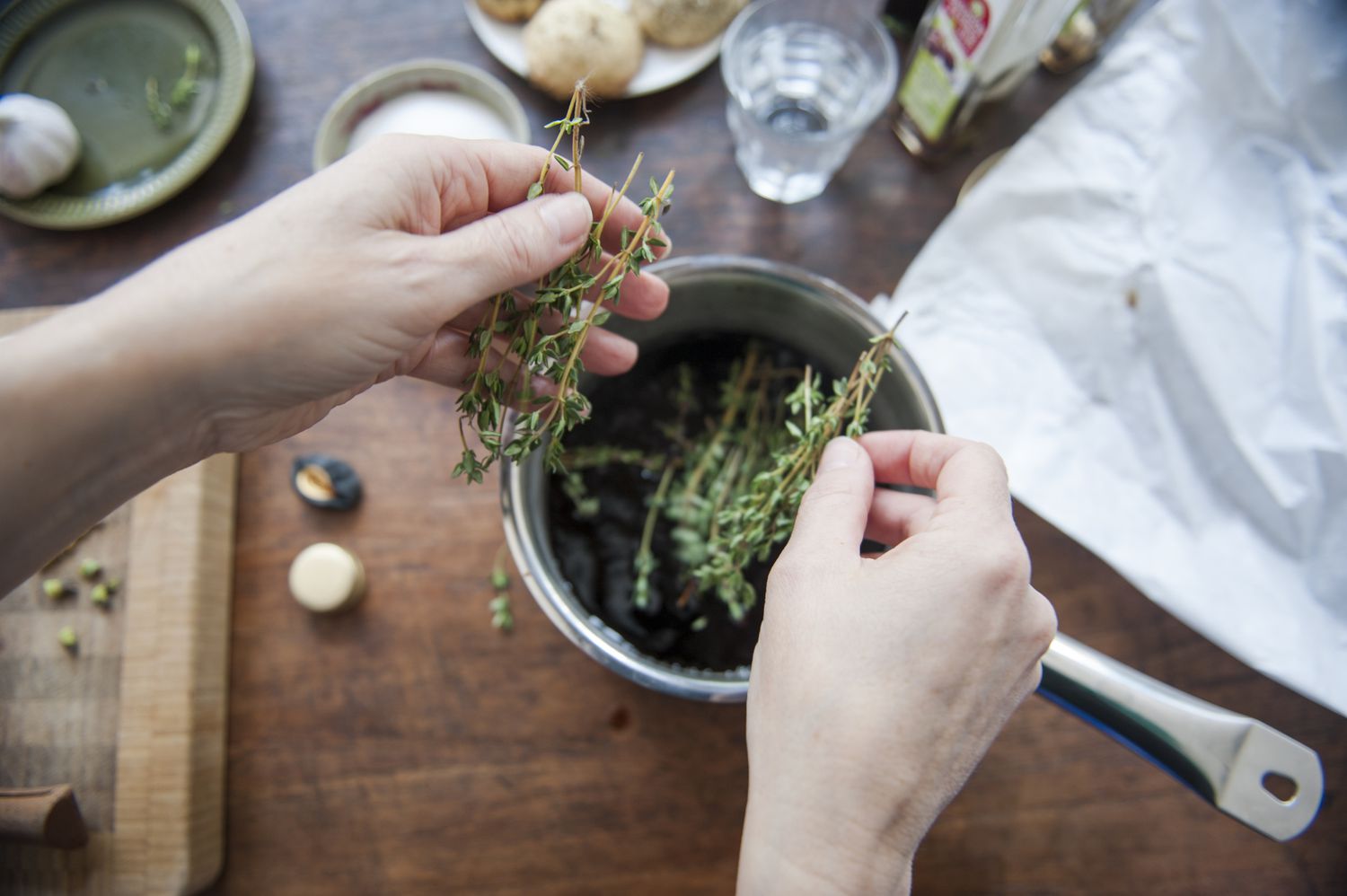
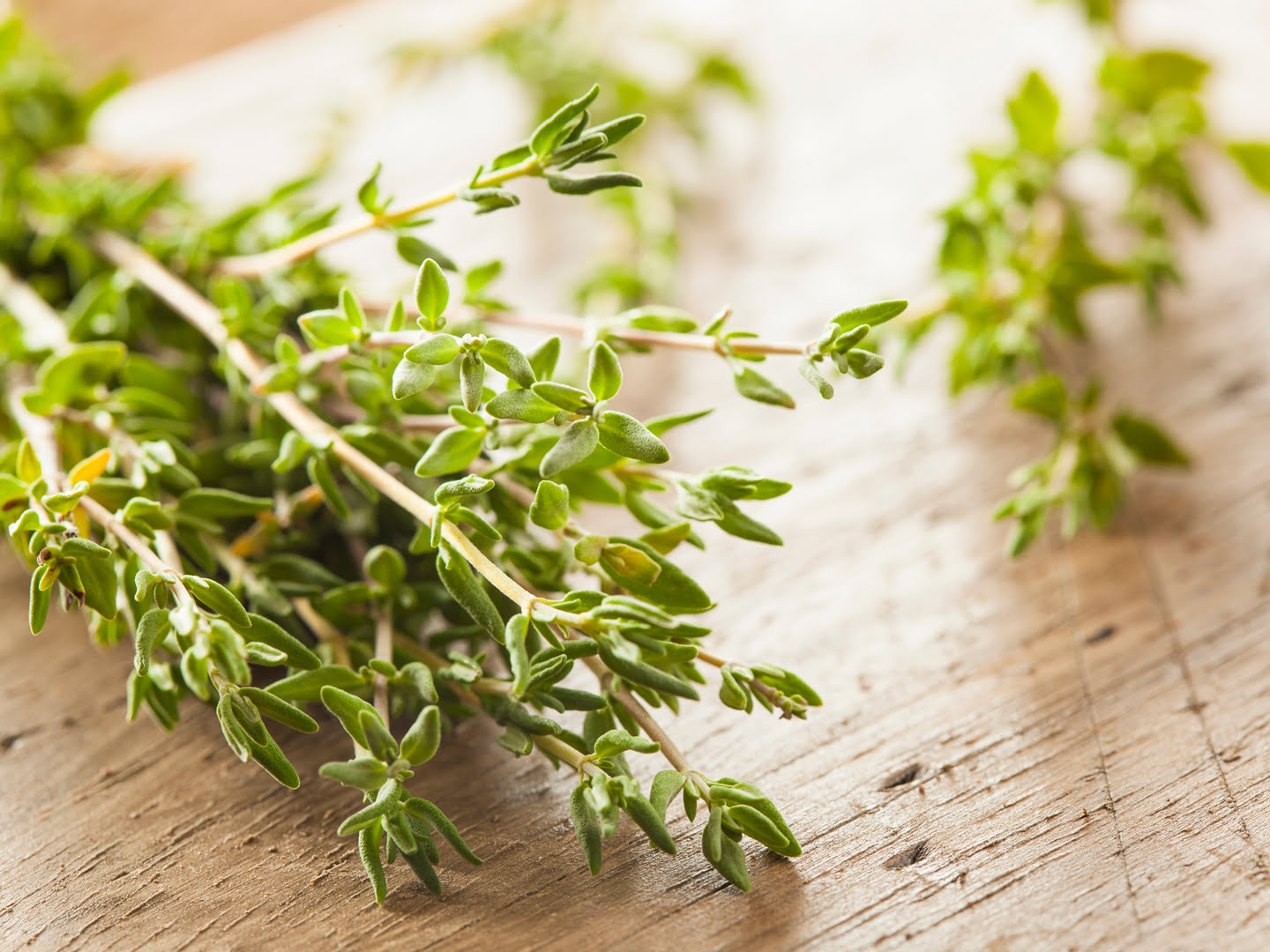
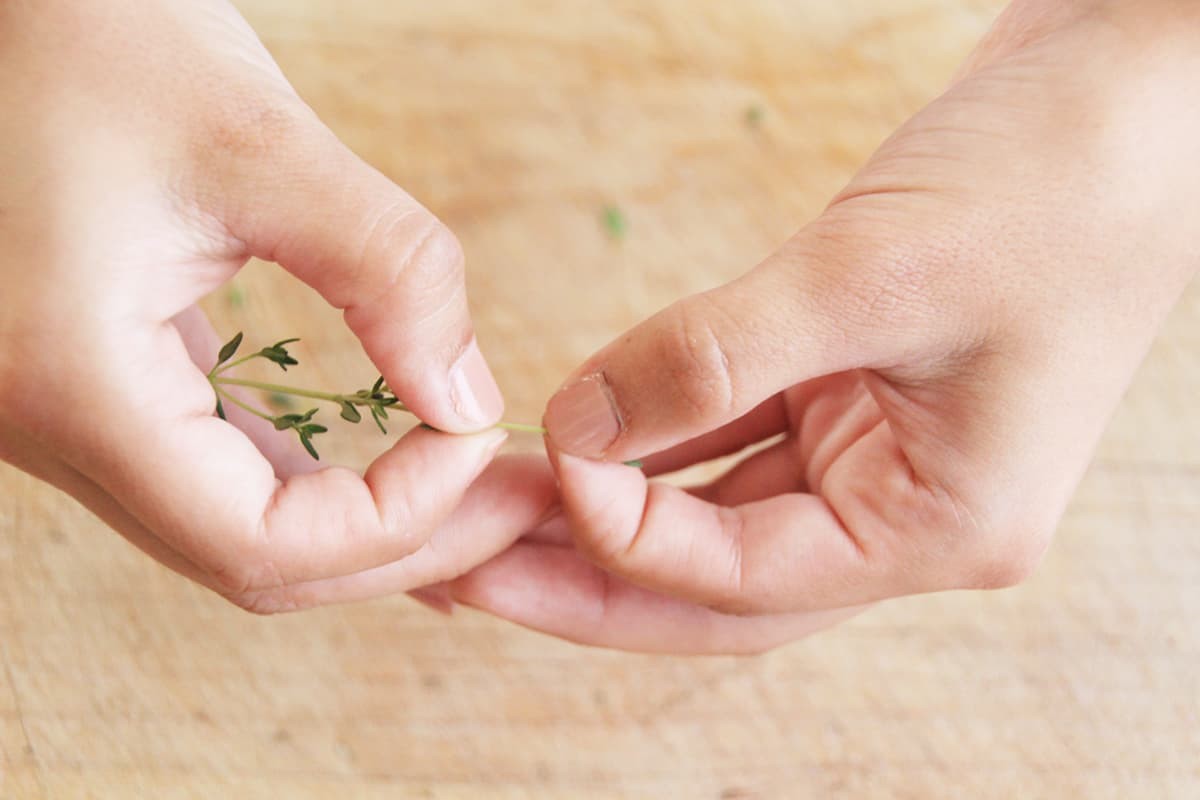
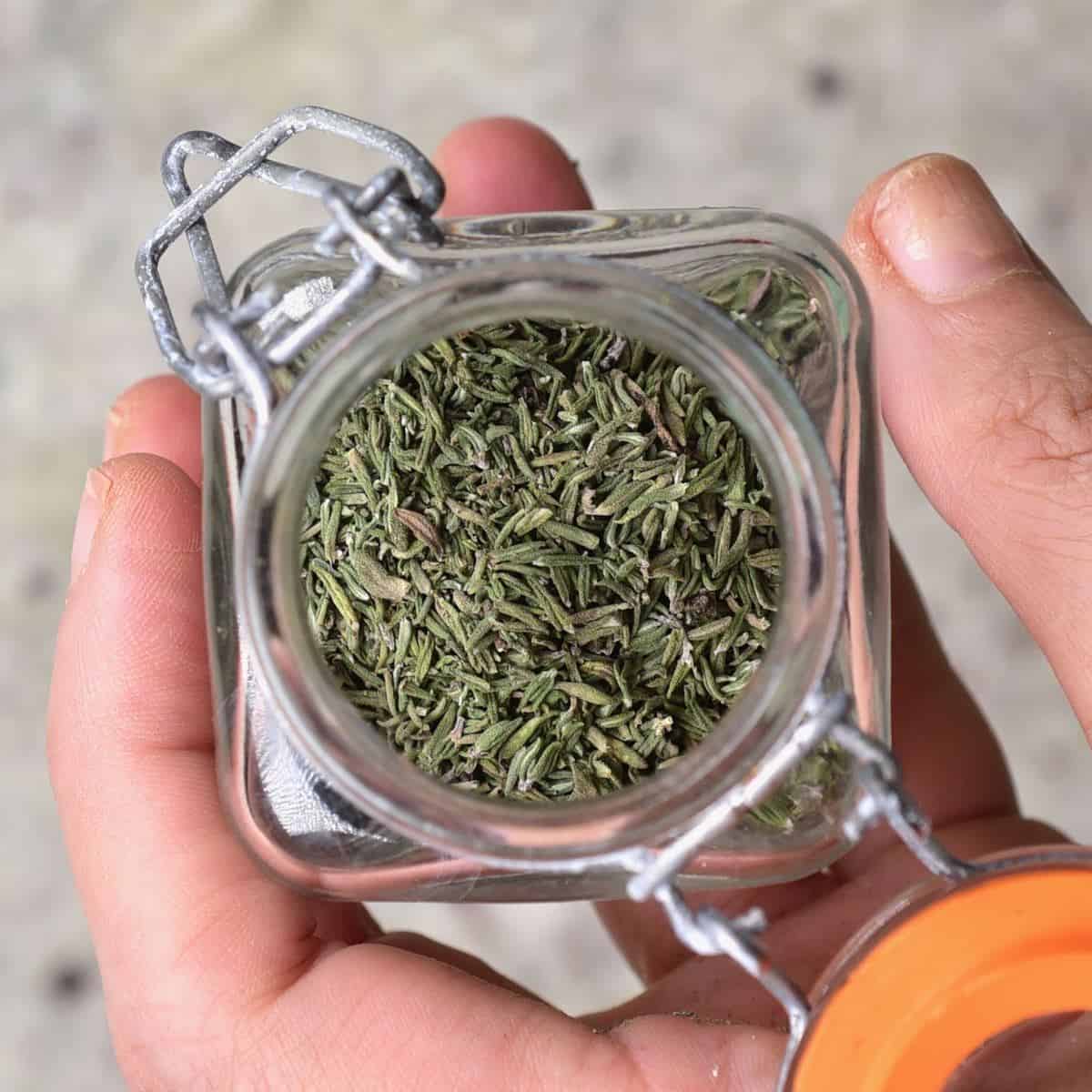
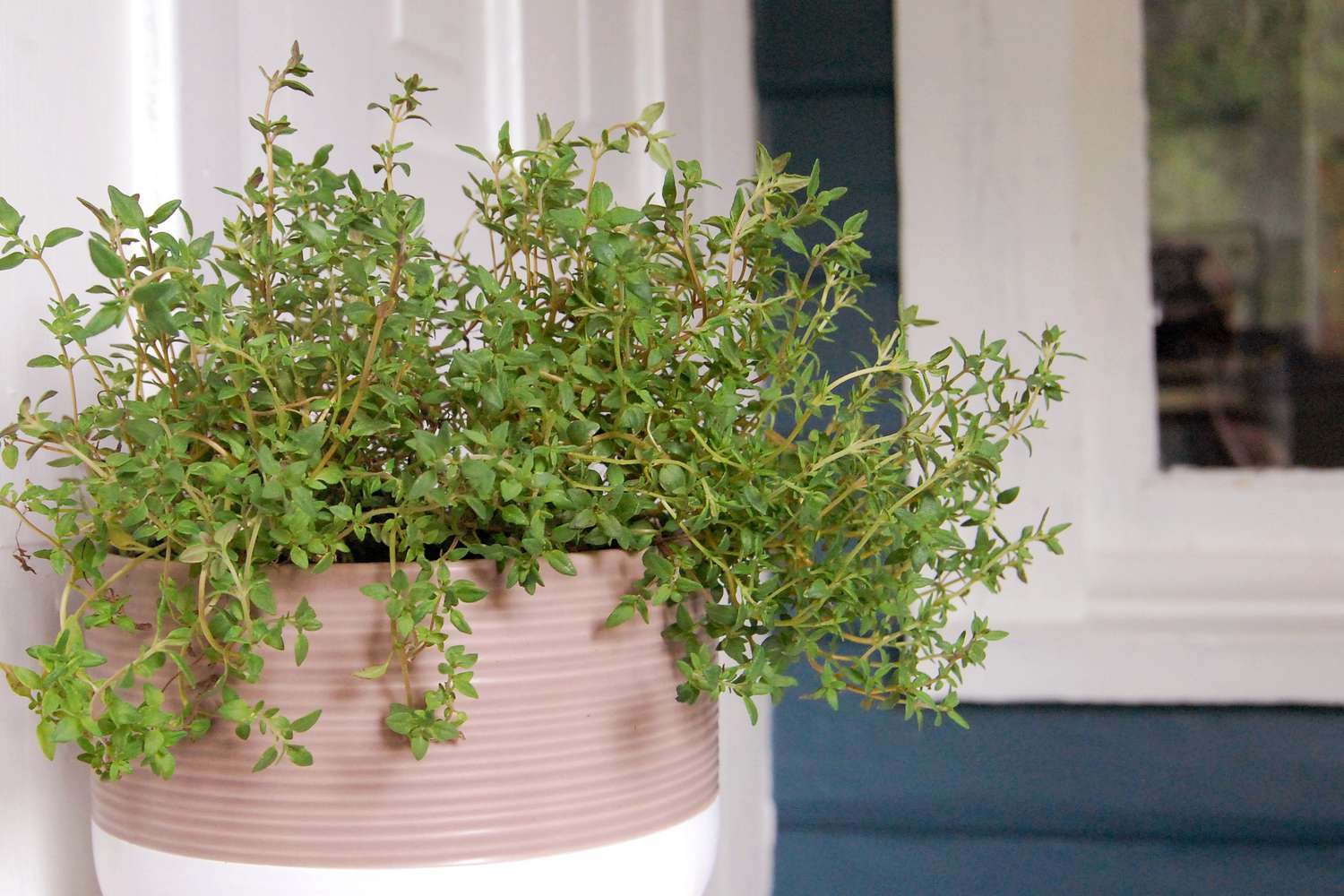
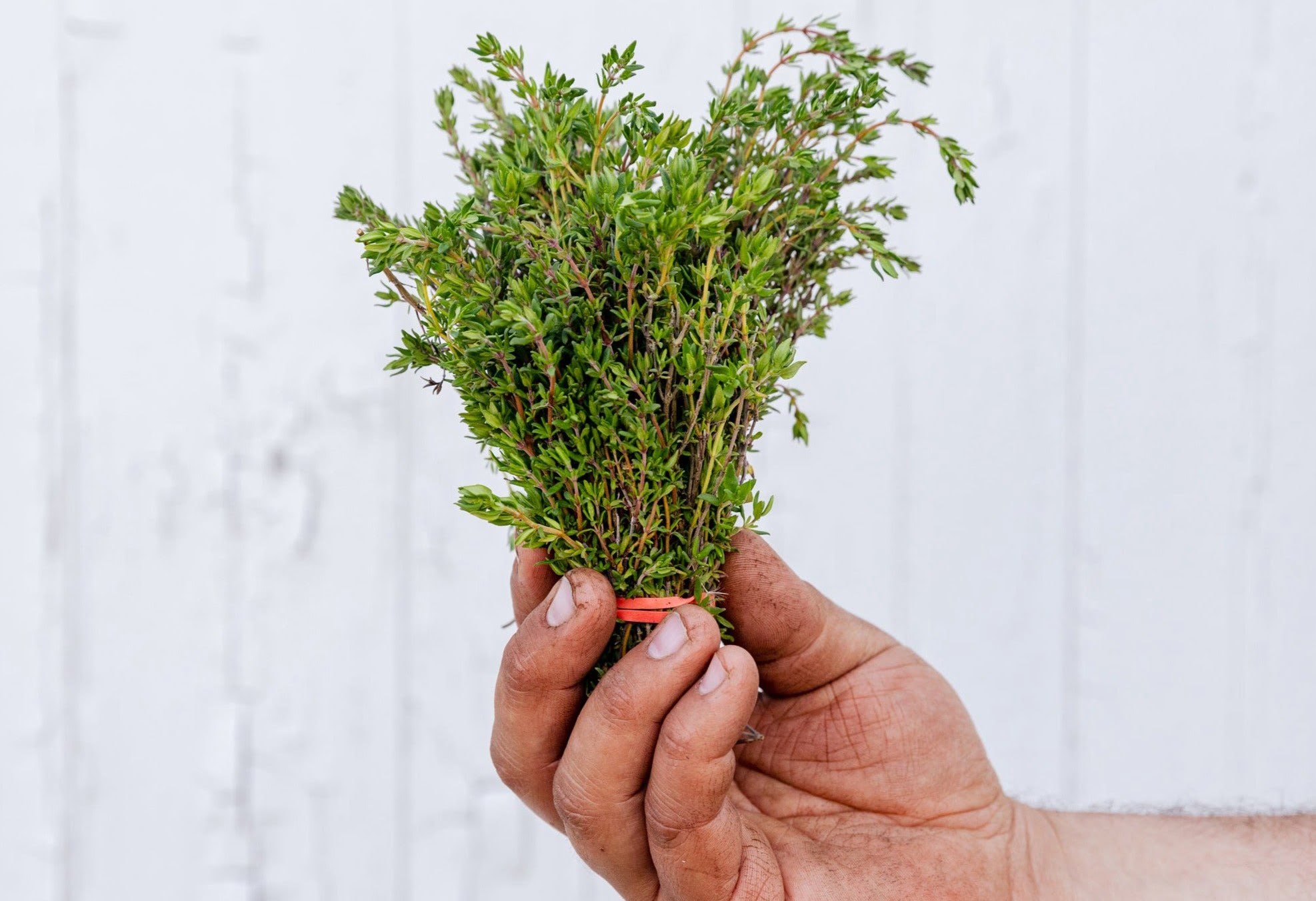
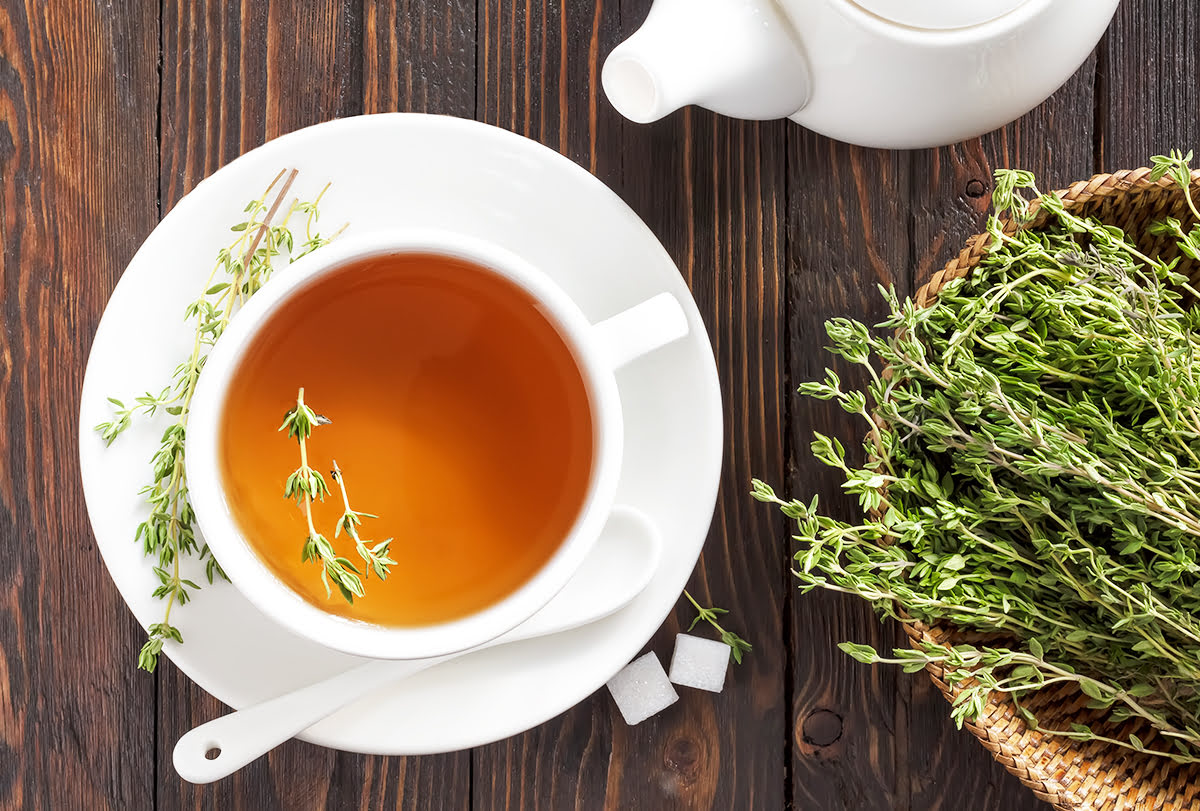
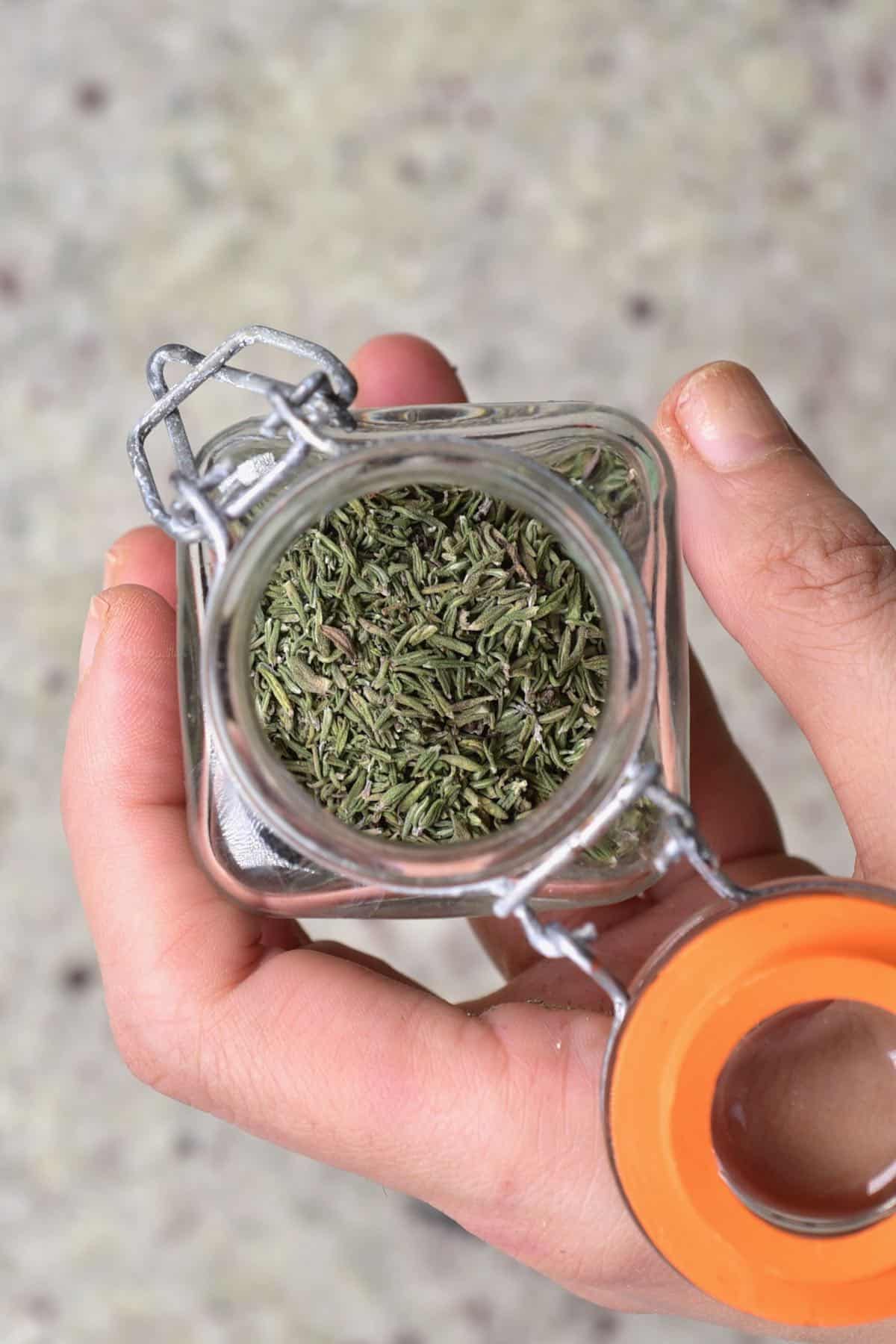
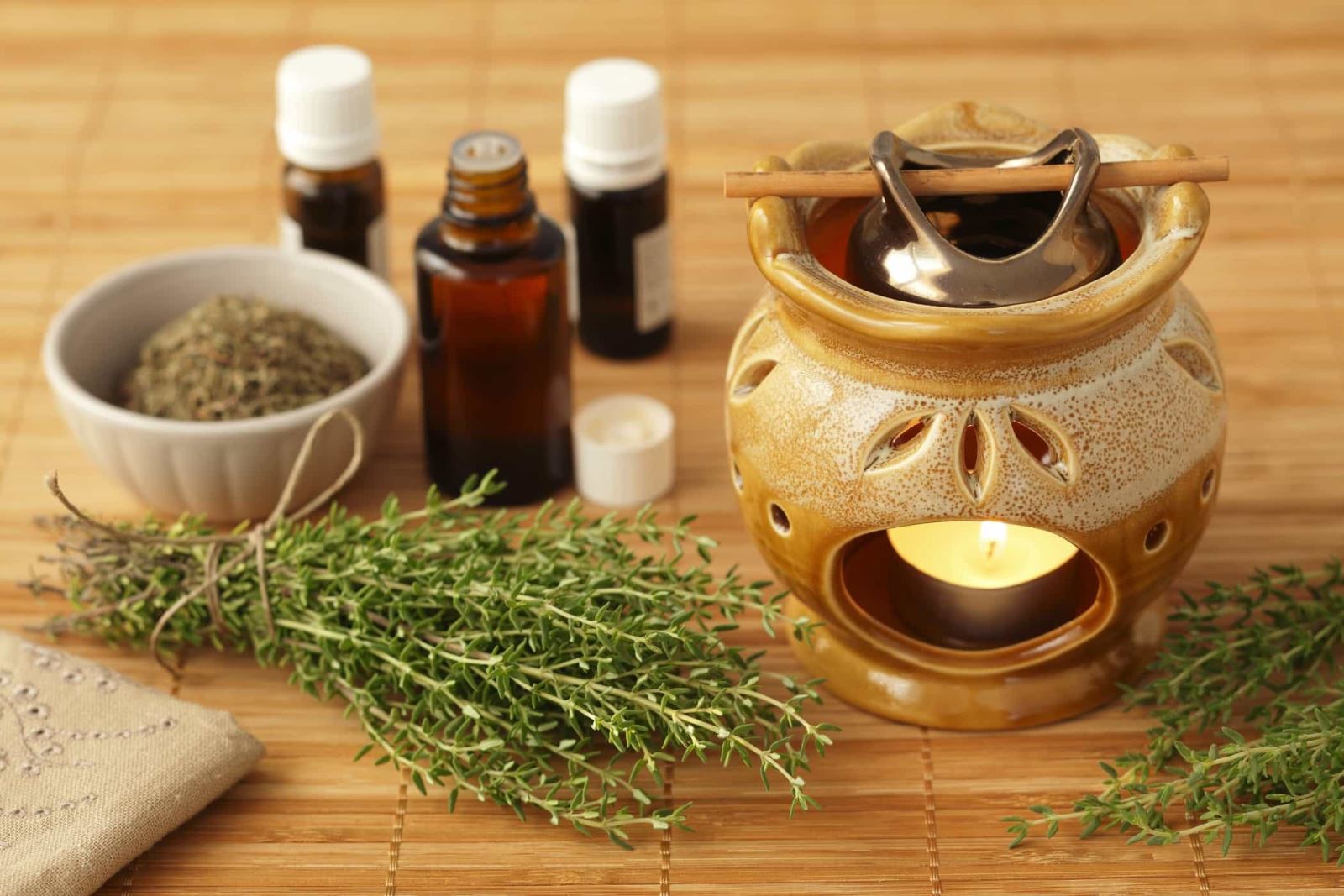
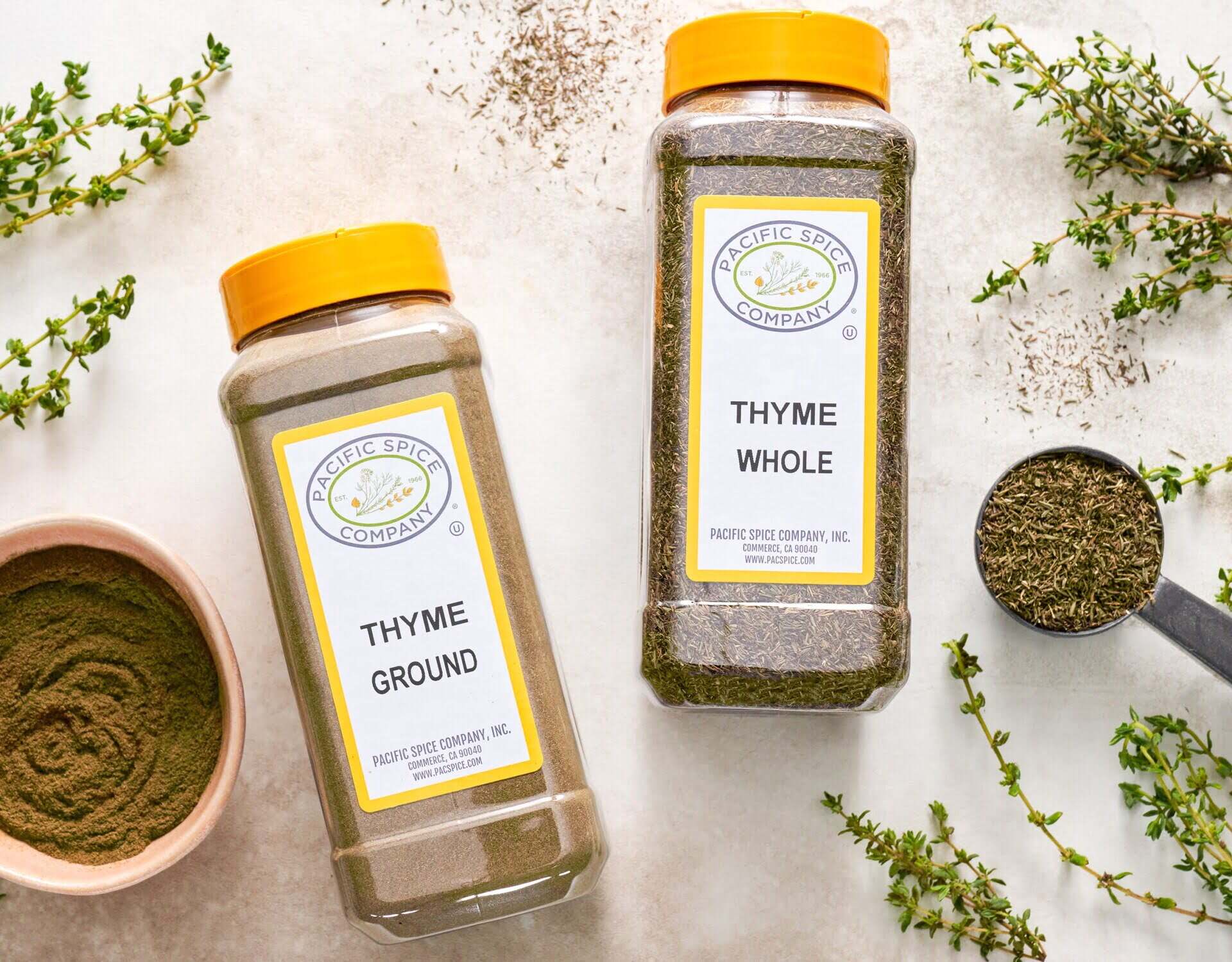

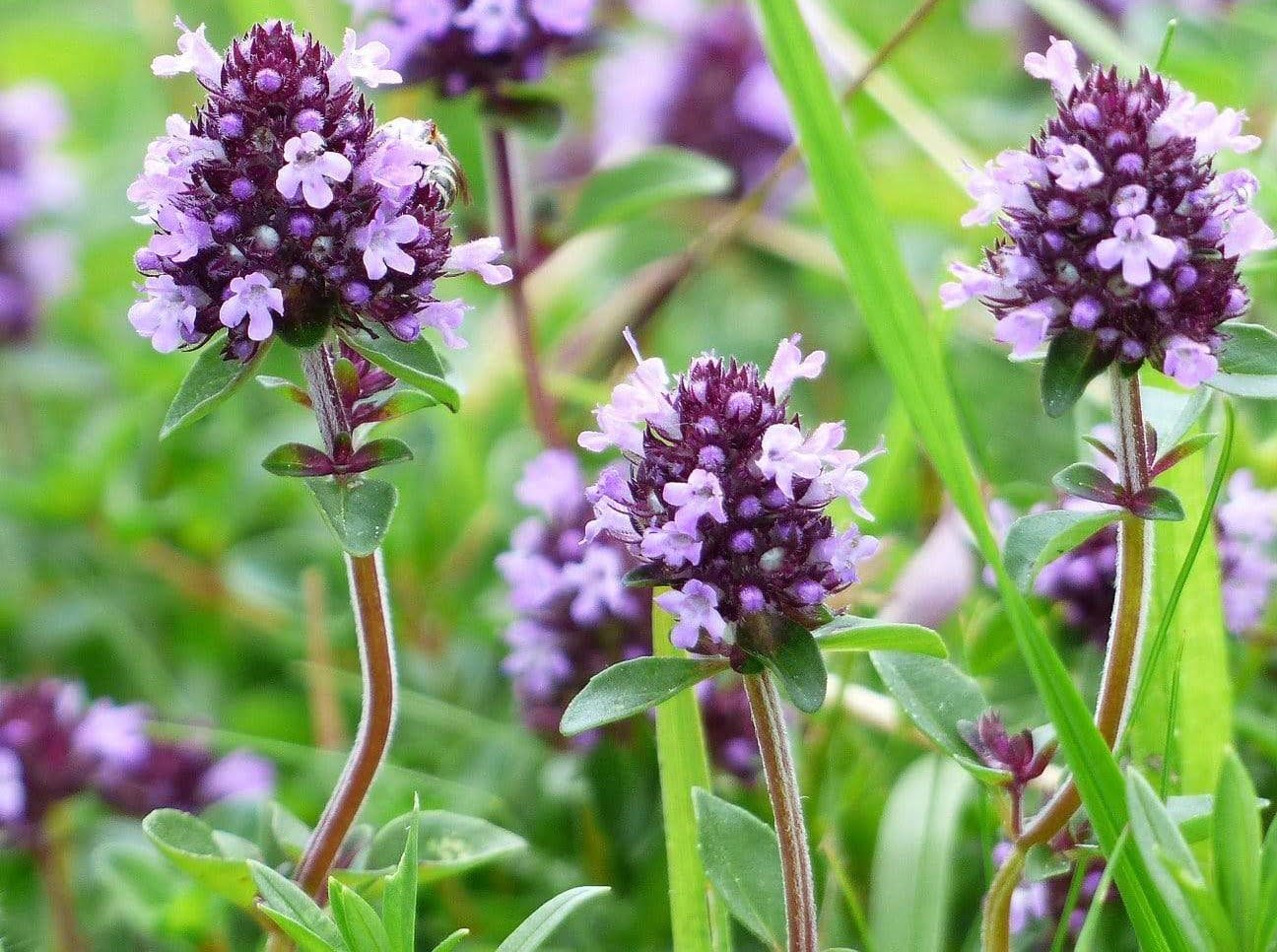
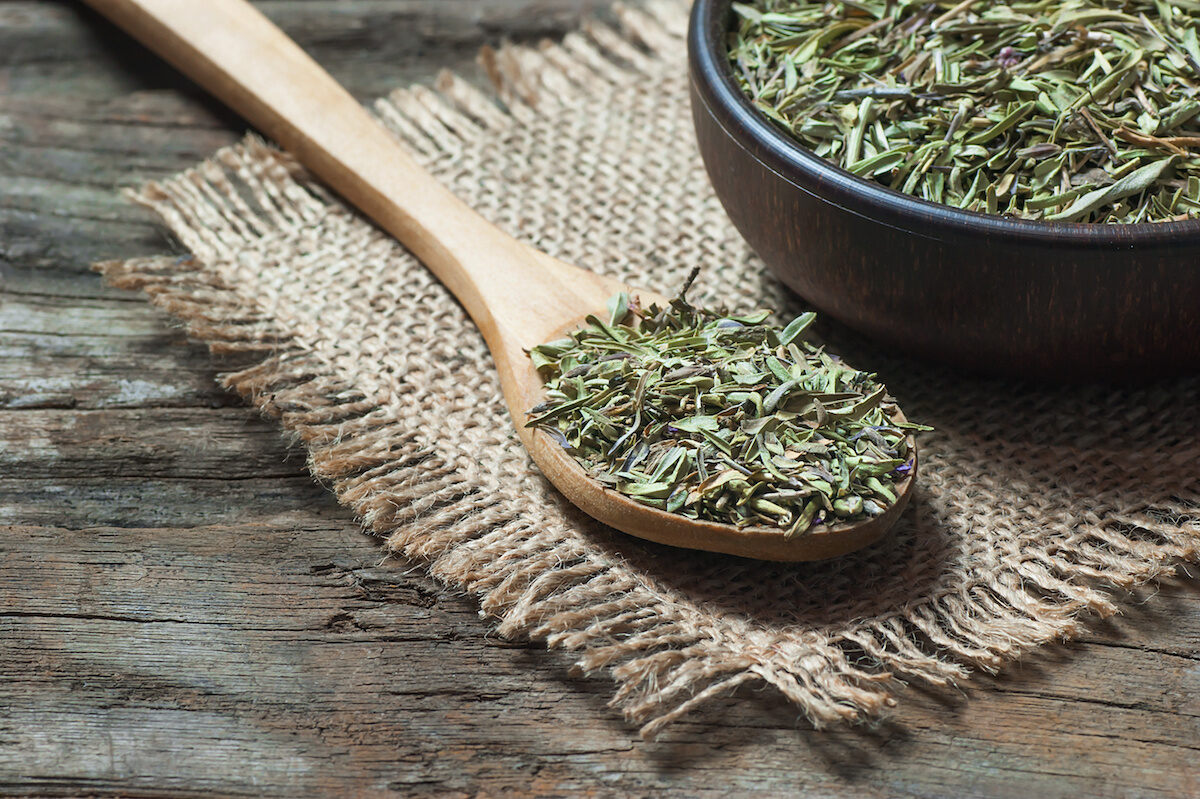
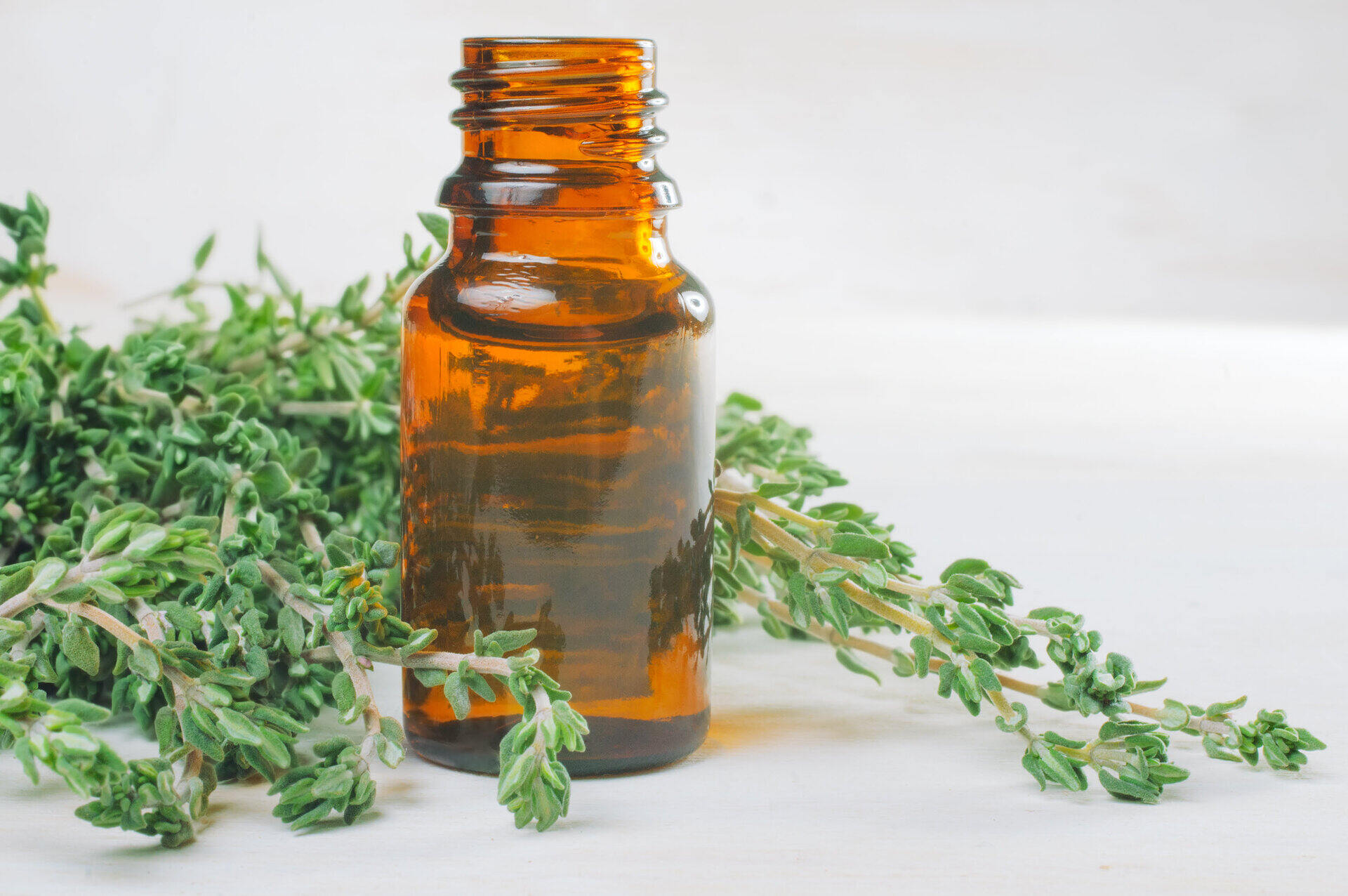

0 thoughts on “What Do You Use Thyme For”